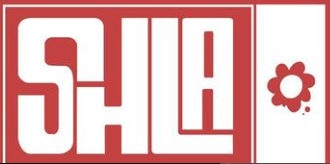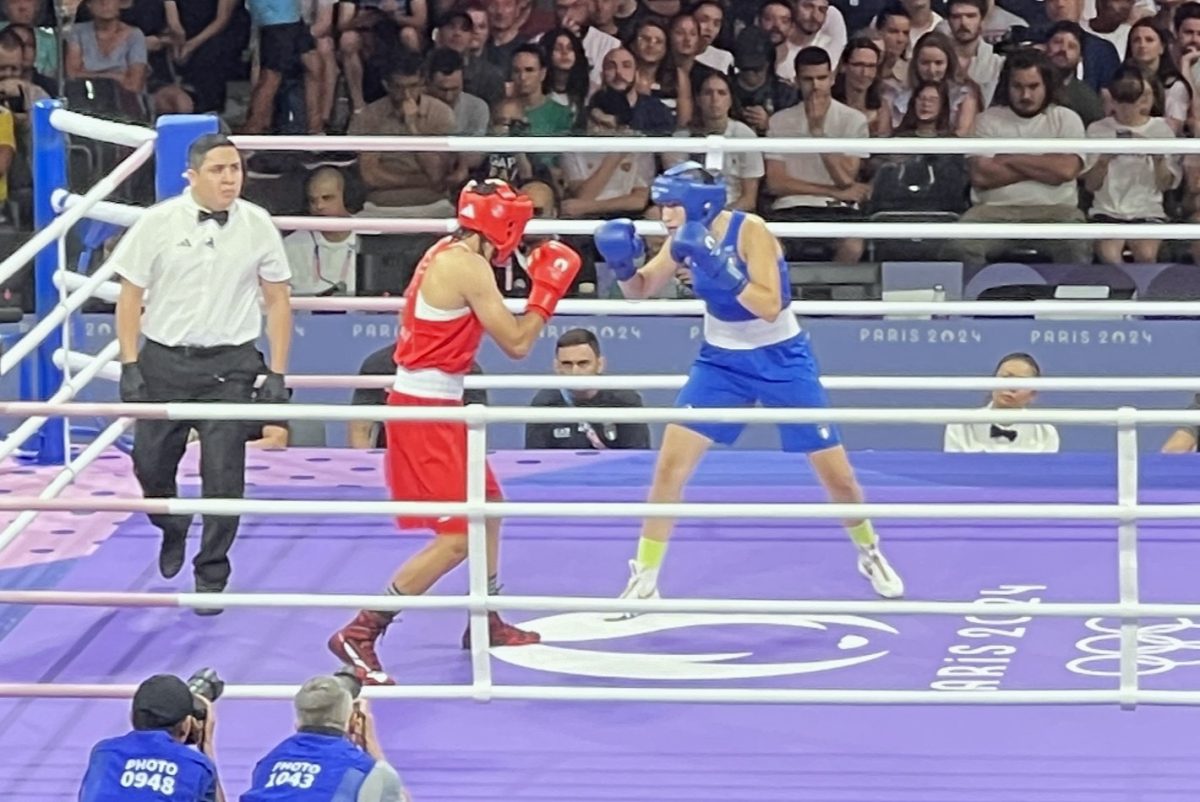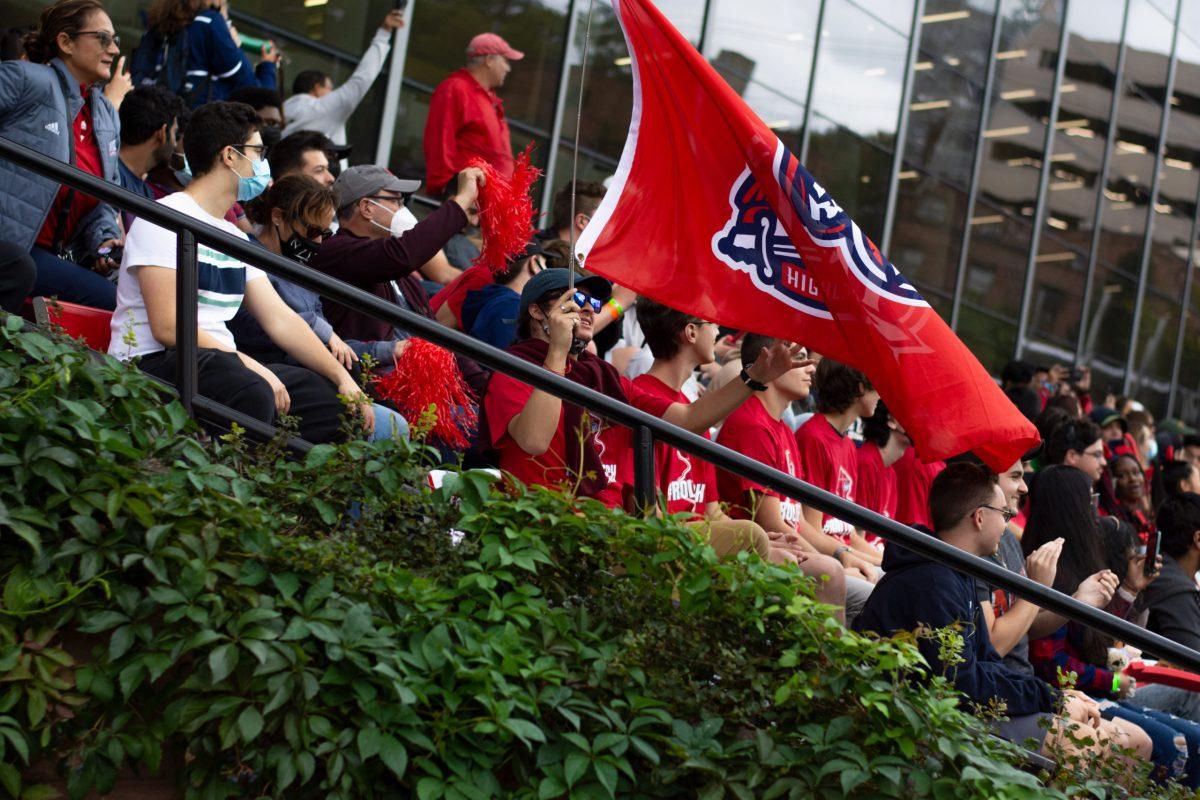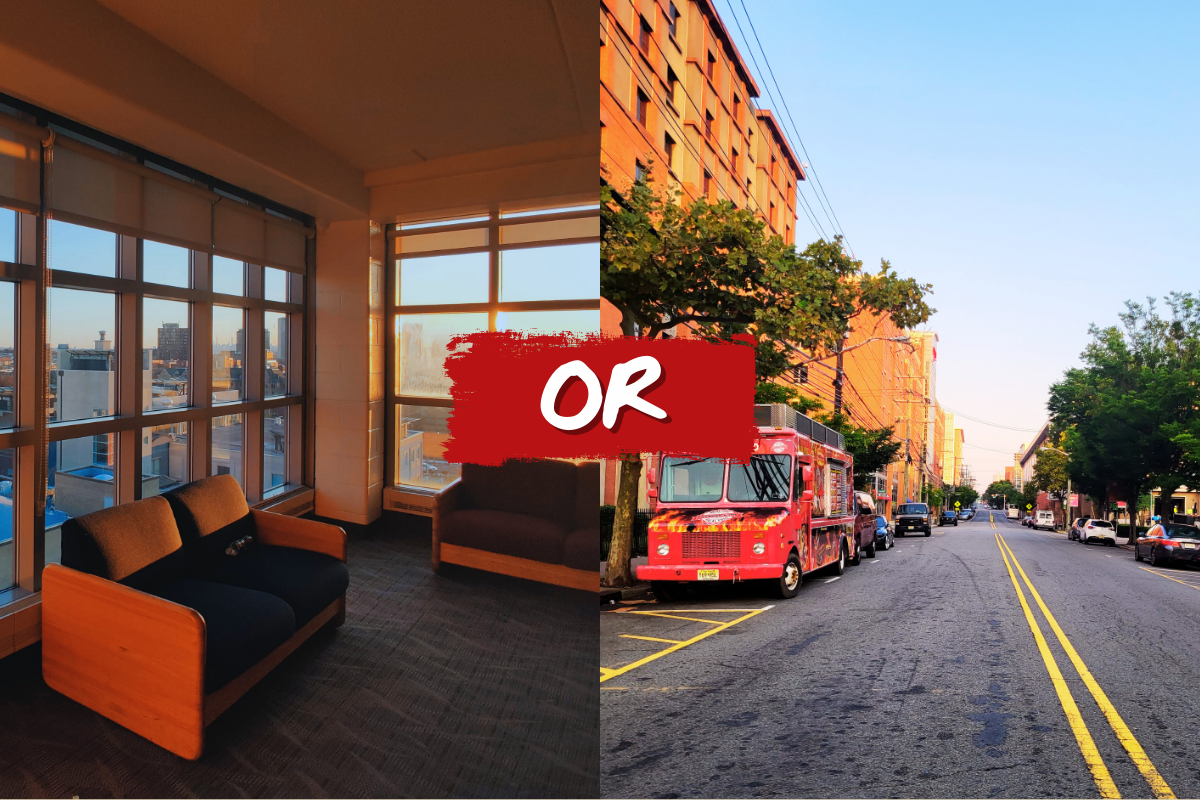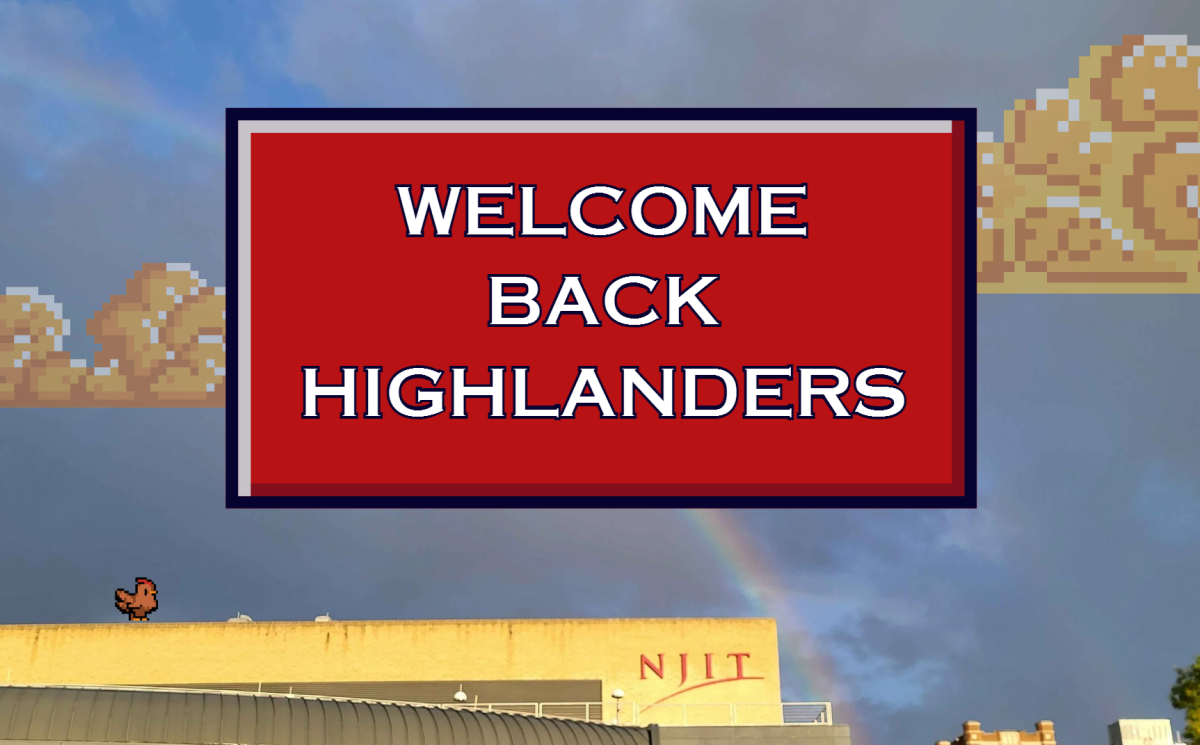After a year of adapting to new routines in the athletics department, students and staff are now almost back to their pre-pandemic practices. The newfound advantage, according to Associate Athletic Director Peg Heffernan, comes from having a more controlled environment with vaccinated members of the NJIT community.
“Last year’s competitive seasons were significantly impacted. The number of competitions were reduced by at least 50%. There were no competitions in the fall semester except for basketball games in December. All the fall sports ended up playing their competitive season during the spring instead,” Hefferan explained. “Frankly, it was challenging.” Now, there are normal seasons and number of competitions; the fall sports just wrapped up their seasons, and winter sports have begun theirs.
All athletes had to be tested for COVID-19 three times per week last year, but now only the ones with vaccine exemptions — a group of less than ten students — are required to test that frequently. Non-athletes need to test twice a week.
“Something that carried over from last year is the general knowledge of doing an assessment each day. Last year, the athletes were sent daily texts to remind them to log into their app to complete their symptom check,” Hefferan mentioned.
The Department of Sports Medicine monitored the activity, and any time an athlete checked off a symptom or that they had been in a position where they may have been exposed to a COVID-19 positive individual, the athletic trainer would follow up with the athlete. “This year, we don’t have to send the daily symptom check. Instead, the athletes have been proactive and notify the Sports Medicine staff when they are not feeling well,” she said.
“In 2020-21, so much was restricted. The areas that stood out were the reduced number of practice hours and practicing with masks,” Hefferan recognized.
Last year, the two volleyball teams and two fencing teams were masked during actual competition. All other teams did not mask during their actual competition, but were masked while on the sidelines or benches. This year, the teams are back to their normal 20-hour countable athletically related activities weeks. Teams were restricted from the locker rooms last year except on game days, but the rooms are back open this year. The only provision with the rooms is that the athletes must be masked when possible.
Masks are also required while traveling on team buses and vans. The athletes are still self-monitoring for symptoms, and they know to alert the Sports Medicine staff if they are not feeling well. Regardless of the vaccination status, if an athlete is feeling ill, a rapid antigen test will be administered.
Additionally, “it is fantastic to have the fans back in the stands,” Hefferan said. “The only concession that we’re making this year is that masks must be worn by our spectators regardless of their vaccination status.”
There are fewer restrictions on using the Wellness and Events Center than last year, with the most notable being a return to Open Rec, lap swim and the use of the locker rooms. There are several practices that have remained in place from last year such as requiring masks being worn inside, except in the pool, and restricting capacity — but not to the extent of last year’s reduced capacity.
Anyone looking to use the pool, the fitness center, Open Rec or the tennis center must schedule an appointment through IMLeagues; walk-ups are still not permitted.
While concerns are lower than last year regarding the virus and spreading it throughout the athletics department, she spoke about the most alarming aspect: travel. The possibility of exposure increases as more travel is implemented.
“Fortunately, the National Collegiate Athletic Association made comprehensive recommendations for this year especially, pertaining to unvaccinated individuals in the Tier 1 — athletes, coaches and support staff. All indicators are that intercollegiate athletics has embraced the idea of getting vaccinated and overall has a very high vaccination rate,” Hefferan said. “We do know that breakthrough infections — fully vaccinated individuals becoming infected despite the vaccine — are occurring as we have had six within our department.” There was a men’s basketball game that was cancelled due to the opposing team having breakthrough infections within their basketball team.
She also mentioned that “the NCAA did allow for groundbreaking legislation as it pertains to an athlete’s Name, Image and Likeness. The legislation is allowing athletes to be compensated for marketing their name, image or likeness.”
NJIT students in particular have been asked to not use the university logo and name and not to promote any product or service prohibited by law or affiliated with tobacco, alcohol, gambling, marijuana, controlled substances or adult entertainment.
The Athletics Pandemic Recovery Subcommittee continues to meet as needed. Hefferan said, “We are monitoring the situation and especially any updates by the CDC and state and local officials, the actions of the NJIT Pandemic Recovery Committee and the recommendations of the NCAA.”









